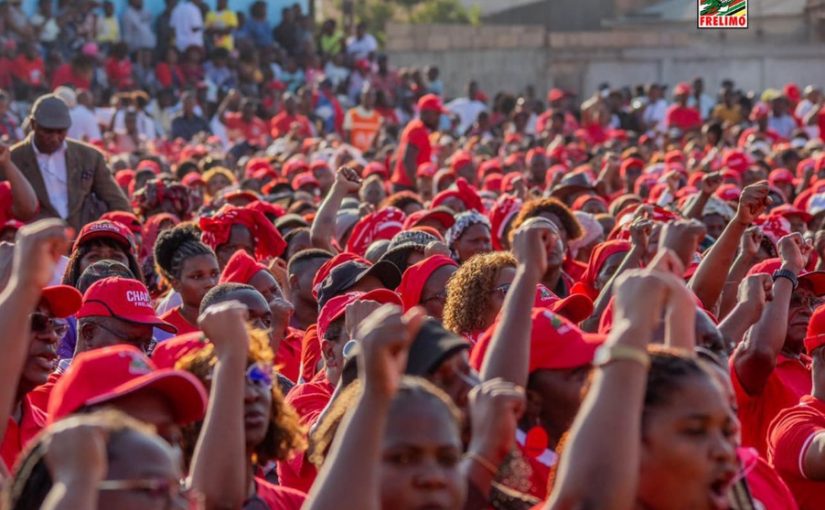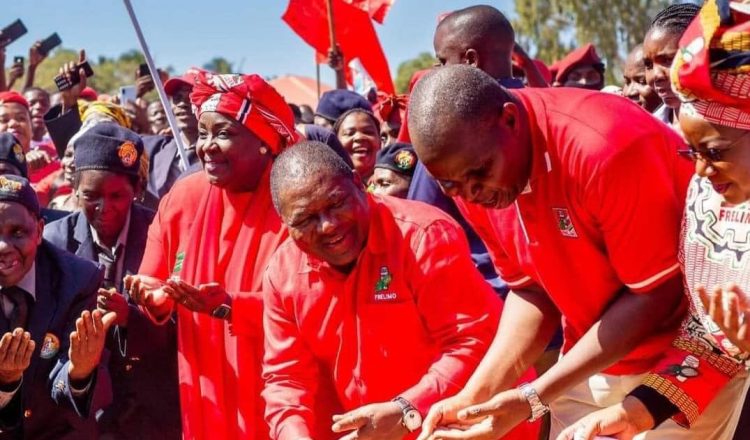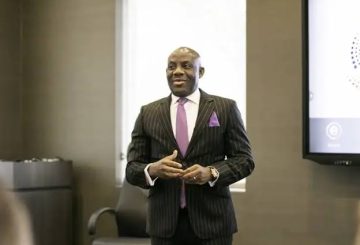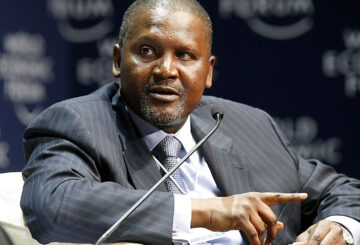Voters in Mozambique flocked to polling stations on Wednesday to elect a new president and parliament, with the long-ruling Frelimo party expected to maintain its grip on power after nearly five decades of dominance. However, the political landscape remains fraught with tension, exacerbated by recent incidents of unrest and growing socio-economic challenges.

Outgoing President Filipe Nyusi, who has served two terms, cast his vote early as the polls opened at 7 a.m. (0500 GMT). As Nyusi prepares to step down at age 65, he urged Mozambicans to ensure a peaceful election. “I would also ask that no group of citizens agitates or threatens others, that everything happens in peace and tranquillity,” he said, warning against the premature announcement of election results.
According to Al Jazeera, the elections are unfolding amid significant national challenges, including widespread poverty, inequality, and an insurgency in the northern region. The insurgency, led by jihadist groups, has stunted major gas projects that once promised economic revival. Despite these challenges, Frelimo’s presidential candidate, Daniel Chapo, is widely favored to succeed Nyusi, marking a potential generational shift in leadership.
Chapo, a 47-year-old provincial governor, would become the first Mozambican president born after the country’s independence from Portugal in 1975. His victory would also mark the first time Mozambique has been led by someone with no ties to the country’s brutal civil war. Chapo called for calm and unity, mirroring Nyusi’s message of peace after casting his ballot. He faces competition from Renamo leader Ossufo Momade, 63, and Podemos candidate Venancio Mondlane, 50, who has attracted significant support from younger voters.
The political environment remains tense, particularly following Mozambique’s 2023 municipal elections, which were tainted by allegations of fraud. Protests erupted in major cities, leading to violent clashes between demonstrators and police. These incidents, alongside accusations of rigged results, have cast a shadow over this week’s election. The official results, which will also decide provincial governors, are expected in the coming weeks.
The Independence Generation: Stories of Nigerians Born in 1960 – What it Felt Like
On the streets, many voters expressed a strong desire for political change, though analysts are less optimistic about a shift in Mozambique’s entrenched political structure. “We need a change, we need things to work,” said Leta Decastro, a 43-year-old voter in Maputo. Another voter, forest engineer Gisela Guambe, shared her hope for a stronger opposition presence in parliament, reflecting a broader public call for a more dynamic political debate.
Despite these sentiments, the credibility of the electoral process remains a topic of heated discussion. Political scientist Domingos Do Rosario has cast doubt on the transparency of the elections, labelling the electoral commission “a joke.” With concerns over voter registration and irregularities persisting, many fear the election could further entrench Frelimo’s dominance.
The Things-Fall-Apart-Okonkwo Debate: Can Idris Elba Roll Fufu?





